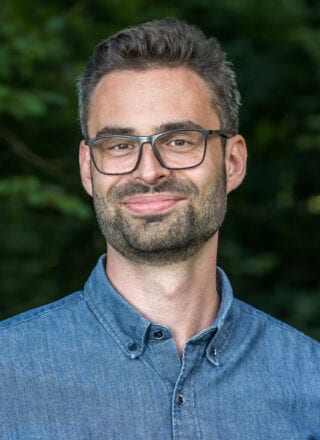HKV is a partner of EcoShape, a public-private pre-competitive knowledge development consortium, which develop nature-based solutions for nowadays challenges in water management. One of these solutions is the creation of suitable clay for dikes out of excessive sediment from the Eems-Dollard area.
In 2016 a pilot started in Delfzijl where several basins were filled with sediment under various conditions in order to study the best ripening procedure: the pilot Kleirijperij. This pilot is part of the Eems-Dollard 2050 Program, co-financed by the Waddenfonds, the HWBP, the Province of Groningen, Rijkswaterstaat, Groningen Seaports, waterboard Hunze en Aa’s, het Groninger Landschap and EcoShape. To obtain clay which would meet the demands of clay for dikes, the sediment had to be dewatered, desalinated and oxidated. By measuring and monitoring, a lot of data was gained of the different stages in the formation of clay: sedimentation, consolidation and ripening. Within an expert group HKV advised during this process. Furthermore a new model was used to hindcast the measurements of the Delfzijl location. This model, based on a TU-Delft model and further developed by Deltares, will be used for future analysis of other clay ripening locations in the Netherlands as well.
The resulting clay will be used in strengthening a part of a primary dike along the Wadden Sea. This dike is being maintained by waterboard Hunze en Aa’s.
A greater understanding of the ripening process of sediment can be of great value for the protection of delta’s worldwide.


